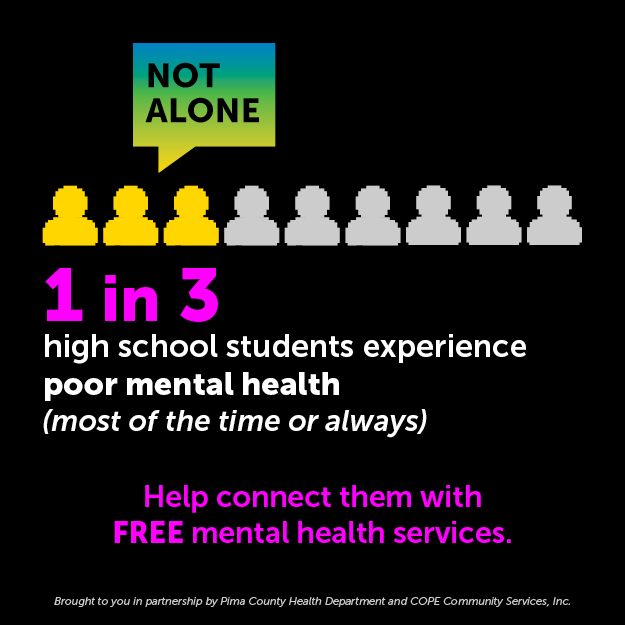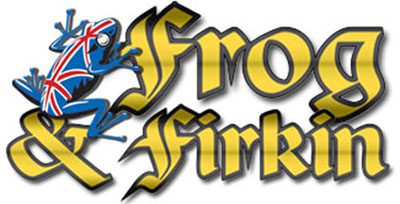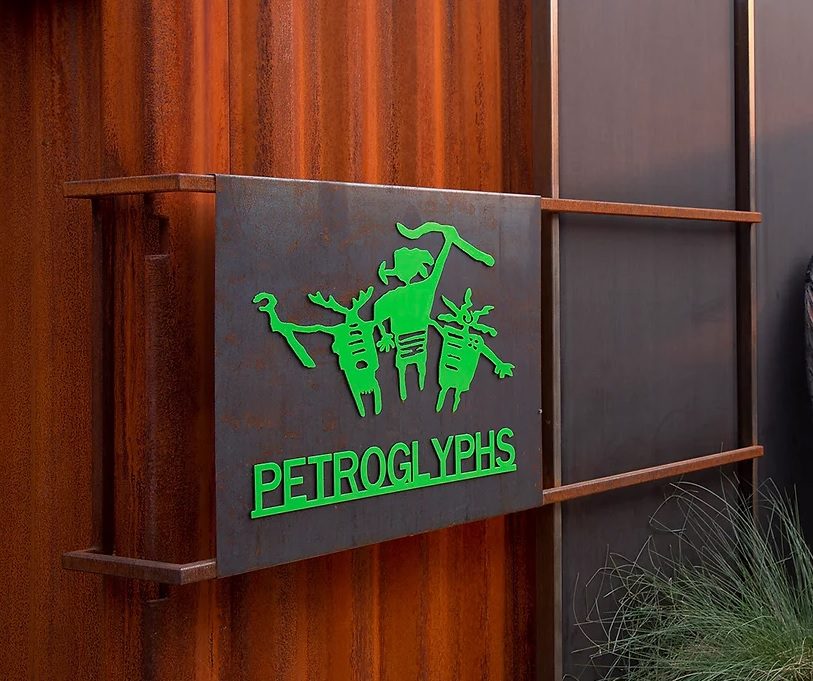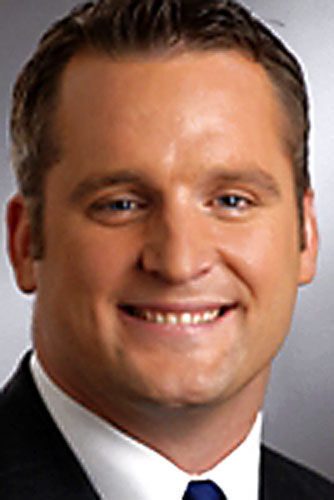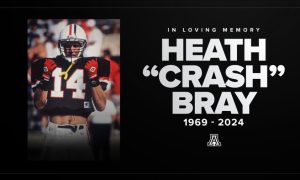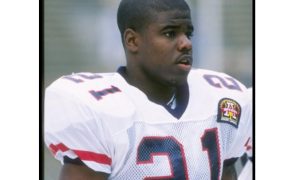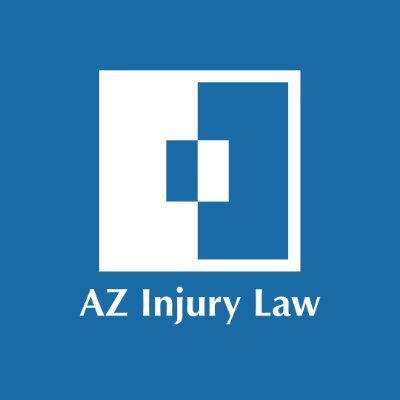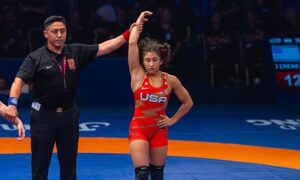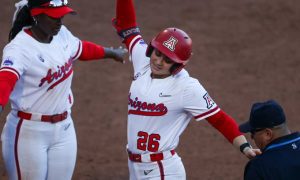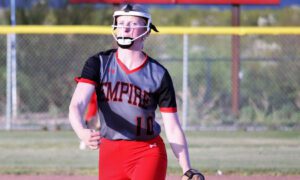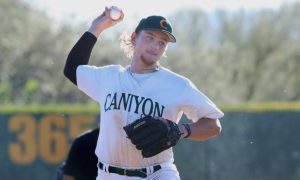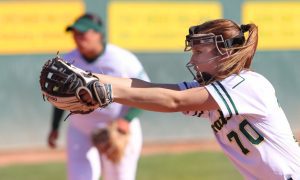EDITOR NOTE: This is a re-post of a TucsonCitizen.com article I wrote shortly after the passing of my father Hector A. Morales Jr. on March 12, 2010. He died three years ago today after a long battle with cancer.
I will always remember the conversations I had with my father, Hector A. Morales Jr., about the Arizona Wildcats. True to form, my father was never overly enthusiastic about the UA football and basketball teams after they won, but he was never too down on them either when they lost.
My father carried the characteristic of a coach. He was always analytical about the Wildcats.
If a quarterback completed three touchdown passes, my father would question the interception that was thrown in the second quarter. If a basketball player had a subpar game, my dad would ask: What did the other guys do to make up for it?
That was my dad in a nutshell: Pursuing perfection when he knew deep down that it was unachievable. Throughout his many years of community service — working endlessly for those who are less fortunate — he knew he fought a battle that was difficult to win. It was the attempt that made my father.
The first memory I have of my father and Arizona athletics is when he would take me and my brothers to watch Fred Snowden‘s Wildcats in the 1970s. He allowed us to stay around after the game to get autographs. Snowden and his staff befriended me and personally escorted me to every player to get an autograph. My father was only in his 40s, robust with life, serving the public he deeply cared about working alongside Mo Udall and Cesar Chavez.
The last memory I have of my dad and the Wildcats was him struggling to climb the Arizona Stadium seats with his cane to get to his seat. He was a season ticket holder and made every attempt to attend a game even though his health dictated otherwise.
For almost 12 years, he battled Non-Hodgkin’s Lymphoma cancer. Other than all the chemotherapy treatments and medication, he suffered through problems with his eyes and blood-flow problems to his legs. He got through each day as he did when he was younger and vibrant: With a smile and sincere dedication to his family and others in the Tucson community.
To his dying day Friday, my father served on the Pima County Health Board.
Within the last couple of months, after my father was diagnosed with blood clots in his left leg and lungs, he rested at Life Care Center of Tucson. After he was released to hospice care at my parent’s home, my father asked my mother, Elsa Jaramillo Morales, if it would be possible to return to the Life Care Center to eat lunch and offer thanks to the people who attended to his needs.
That was my dad: Always thinking of others, even at a time when he could understandably be thinking only about himself.
My last conversation with my father was less than two weeks ago. His oncologist determined only a few days before that cancer spread fast through his body from his neck to his shoulder, arms, stomach, groin and legs. Given his age (76) and his overall poor health condition, my father, with the support of his family, decided that renewed chemotherapy treatments would not be in his best interest. The oncologist, Dr. Jonathon Schwartz, recommended that we decide against chemotherapy because my father could slip into a coma.
Knowing that cancer was overcoming his body, and treatment for it stopped, my father talked to me the way he did since I was old enough to walk.
“Don’t worry, Javier,” my father said. “Everything will be all right. We will get through this. Don’t cry.”
Once again, he faced a tough situation with determination although the odds were largely against him.
That same kind of spirit will hold true through all of his family and friends who were touched by him.
When my nephew and Godson, Ian Michael Beal, died prematurely at age 23 while doing construction work on Mount Lemmon in 2003, my father hurt more than any of his ailments could cause. Through the pain, however, he stood firmly by my sister, Debra Gloria Beal, Ian’s mother, and offered his support. He attempted to gather more awareness for workplace safety in honor of his first grandson. He was always cognizant of worker’s rights as a member of the American Federation of State, County and Municipal Employees (AFSCME) and the AFL-CIO.
In terms of the Wildcats, my father respected the way coaches such as Dick Tomey and Lute Olson got the most out of those players who were not superstars. Players such as Tedy Bruschi and Steve Kerr — under-recruited athletes who succeeded on the playing field and life in general — made my father the most proud about being a lifelong Wildcat fan.
Nobody gave them a chance but they made something out of themselves. Those are the type of people in Tucson, impoverished and wealthy alike, who consider my father a champion in the battle for those less fortunate.
I can hear him say now about the unheralded Wildcats who made something out of their careers: “Those guys care more about their team than they do about their stats.”
They are the true champions, just like my father.


